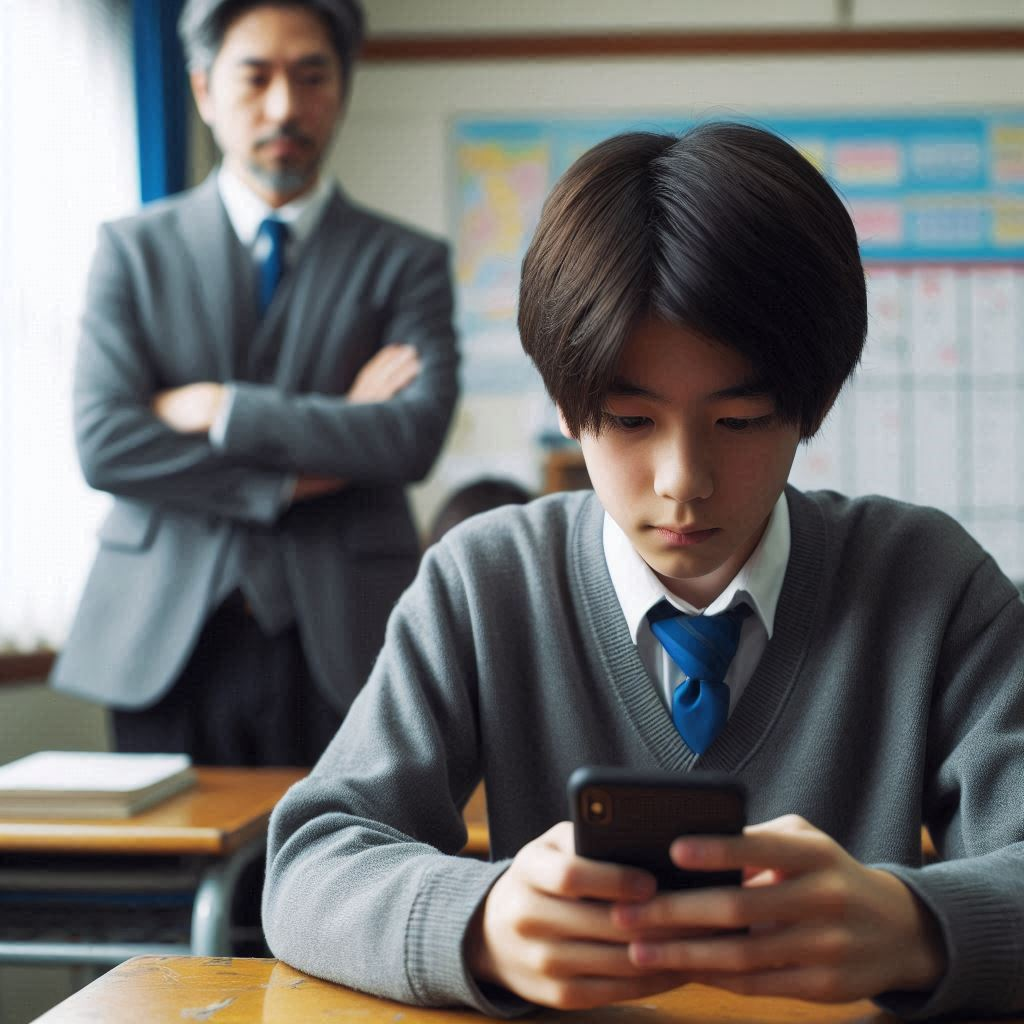The argument for banning smartphone use in schools

There are arguments and controversies regarding whether we should ban smartphones and/or social media from teenagers entirely - I've written about them before (see the first two paragraphs of this post). As of yet, I don't think the evidence is sufficiently conclusive to support a total ban on teenager's use of smartphones and social media. But there is some evidence for certain limits, like banning the use of smartphones in schools (see here for counter-evidence). The latest, pretty compelling piece of evidence comes from Abrahamsson's (2024) work on smartphone bans in Norway. She leveraged Norway's enviable school and public health documentation systems to examine the effects of smartphone bans that were strict (i.e., students had no access to phones all day) or lenient (i.e., smartphones could be used during breaks, set to mute, etc.) on middle school students' mental health, bullying, and academic performance. Using some pretty rigorous methods, she established that strict bans led to significant reductions in girls' need for care for mental health issues, as well as increases in girls' school exam and standardized test performance. Bullying, for both boys and girls, decreased. And each of these effects got stronger for every year of middle school the students experienced with the ban in place (note: some of the first year effects were statistically non-significant, but they became so after 2-3 years of exposure). And the effects for girls were amplified if they came from low socioeconomic backgrounds.
So, is this definitive proof that middle schools should ban smartphones? No, one study does not make an effective argument, and this study had a few not-great but understandable limitations (e.g., low response rates among schools). But it's certainly compelling, and warrants additional research on smartphone bans in more places and in more contexts. What's interesting to me is that in some instances a smartphone ban might be opposed by not just the students, but their parents as well. I wonder if those same parents would be as vocal if they saw Abrahamsson's work?